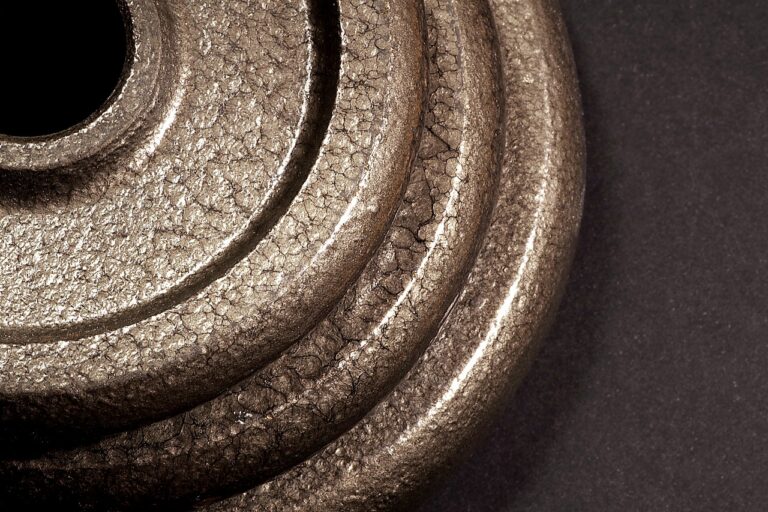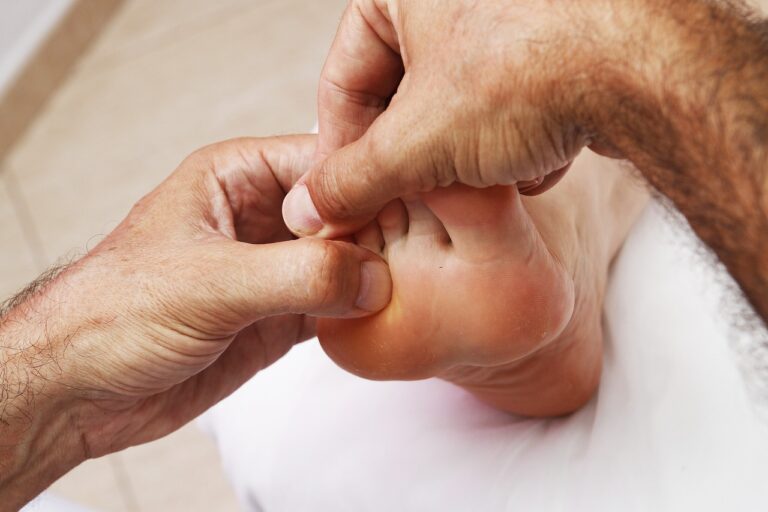Hospice Care for Patients with Muscular Dystrophy: 11xplay, India 24 bet login registration, Skyiplay
11xplay, india 24 bet login registration, skyiplay: Living with muscular dystrophy can be a challenging journey for patients and their loved ones. This progressive and debilitating muscle disease can significantly impact a person’s quality of life, mobility, and independence. As the disease progresses, patients may require increasing levels of care and support to manage their symptoms and maintain their comfort.
For patients with muscular dystrophy who are approaching the end of their lives, hospice care can provide specialized support and services to help manage their symptoms and enhance their quality of life. Hospice care focuses on providing comfort and dignity to patients with life-limiting illnesses, including muscular dystrophy, and offers a range of services to address the physical, emotional, and spiritual needs of patients and their families.
Here are some key considerations for patients with muscular dystrophy who may be considering hospice care:
1. Palliative Care Services: Hospice care provides palliative care services to help manage pain, alleviate symptoms, and enhance the overall comfort of patients. This can include medications, therapies, and other interventions to address the physical symptoms of muscular dystrophy.
2. Emotional Support: Hospice care also offers emotional support and counseling services to help patients and their families cope with the challenges and uncertainties of living with muscular dystrophy. This can include individual counseling, support groups, and other resources to address the psychological and emotional needs of patients.
3. Care Coordination: Hospice care involves a team of healthcare professionals, including doctors, nurses, social workers, and other specialists, who work together to coordinate and deliver comprehensive care to patients with muscular dystrophy. This team approach can help ensure that all aspects of a patient’s care are effectively managed and coordinated.
4. Personalized Care Plans: Hospice care develops personalized care plans for each patient based on their individual needs, preferences, and goals of care. This can include creating a customized plan for managing symptoms, providing support services, and addressing any spiritual or emotional needs.
5. Family Involvement: Hospice care recognizes the importance of family involvement in the care of patients with muscular dystrophy and offers support services to help families cope with the challenges of caregiving. This can include respite care, counseling, and other resources to support family members.
6. End-of-Life Care: Hospice care provides end-of-life care to patients with muscular dystrophy, focusing on enhancing their comfort, dignity, and quality of life in the final stages of the disease. This can include symptom management, emotional support, and spiritual care to help patients and their families navigate this difficult time.
In conclusion, hospice care can play a vital role in supporting patients with muscular dystrophy in the final stages of their illness. By offering specialized services, personalized care plans, and emotional support, hospice care can help enhance the quality of life and comfort of patients and their loved ones during this challenging time.
—
**FAQs**
1. What is hospice care?
Hospice care is a specialized type of care that focuses on providing comfort and dignity to patients with life-limiting illnesses, including muscular dystrophy. It offers a range of services to address the physical, emotional, and spiritual needs of patients and their families.
2. Is hospice care only for patients who are actively dying?
Hospice care is for patients with a life expectancy of six months or less, as determined by a doctor. However, patients can receive hospice care for longer periods if their condition stabilizes or improves.
3. How can I access hospice care for a loved one with muscular dystrophy?
Patients with muscular dystrophy can access hospice care through a referral from their doctor or healthcare provider. Hospice organizations can provide information and support to help patients and their families navigate the process of accessing care.
4. Does hospice care mean giving up on curative treatments?
Hospice care focuses on providing comfort and quality of life to patients with life-limiting illnesses. Patients can still receive treatments to manage their symptoms and improve their comfort, even if curative treatments are no longer an option.







